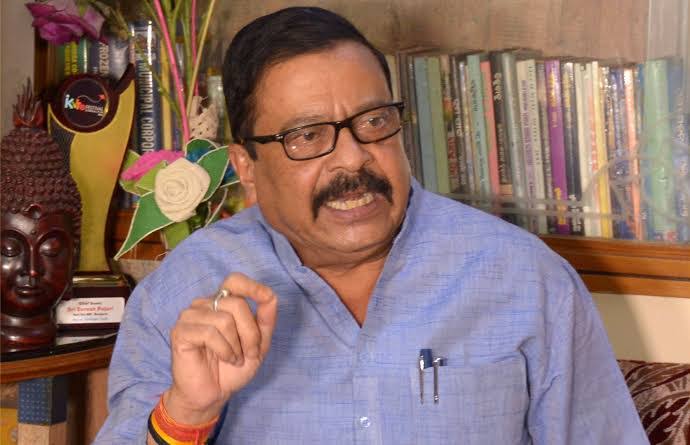Odisha Moves Towards Single Revenue Law for Citizens’ Ease

Government simplifies land records, plans door-to-door corrections and new infrastructure to reduce hassles
Bhubaneswar : The Odisha government has embarked on an ambitious overhaul of its revenue administration, aiming to scrap outdated laws, simplify land management, and reduce bureaucratic hurdles for citizens. Revenue and Disaster Management Minister Suresh Pujari announced that the effort is part of a larger vision to unify multiple revenue-related legislations into a single, comprehensive law that is easier for people to access and understand.
Push for Simplification
Explaining the need for reform, Pujari said that ordinary citizens often face difficulties while dealing with revenue offices due to complex rules and multiple overlapping legislations. “The government’s aim is to bring in a single law by including all different revenue legislations to make the process simpler,” he said.
One key step already taken is the reduction of land classifications. In June, the government streamlined 7,500 types of land (known as kisams) into just 22. Similarly, 3,500 categories of land ownerships (satwas) were simplified. The minister noted that this rationalisation, done in coordination with the Law Department, would make transactions faster and less confusing for farmers, landowners, and buyers.
Correcting Old Records
Another major focus of the department is cleaning up discrepancies in land ownership records. Pujari highlighted that in many villages, land pattas (records) are still registered in the name of deceased ancestors, as families often avoid the cumbersome process of mutation at the tehsil office.
To address this, revenue officials will carry out door-to-door visits to update records. “If land is still in the name of a grandfather or another relative who has passed away, our staff will go to the family’s home and correct the ownership to reflect the living heirs,” the minister explained. This proactive approach, he said, is expected to resolve a long-pending grievance for thousands of households who struggle with outdated pattas.
New Infrastructure for Better Services
Alongside simplifying processes, the state government also plans to strengthen the department’s infrastructure. A new Rajaswa Bhavan will be constructed in Bhubaneswar at an estimated cost of Rs 200 crore. Pujari said the facility will provide modern office space, enabling employees to serve people more efficiently and comfortably.
“The idea is not just to build infrastructure but to create an ecosystem where revenue administration becomes more citizen-friendly,” he added.
Land Rights for Institutions and Refugees
The government’s reform agenda also extends to institutions and marginalized communities. The Revenue Department will issue land pattas to schools, helping regularize their land ownership and removing long-standing uncertainties that have affected expansion and development.
In a significant humanitarian measure, the government also plans to grant regular pattas to Bangladeshi families who migrated to Odisha during the 1971 crisis. While many of them were given temporary pattas decades ago, they have continued to live in uncertainty about their land ownership. “We want to end this state of limbo and provide them with regular pattas so they can live with dignity,” Pujari said.
A Shift in Governance Approach
Analysts view these measures as a broader attempt by the state government to modernize governance and make it more citizen-centric. By reducing excessive classifications, eliminating redundant laws, and proactively correcting records, the government is aiming to minimize citizens’ dependence on tehsil visits — a process often criticized for delays and red tape.
The reforms also align with digital governance efforts, as the simplification of kisams and satwas will make it easier to integrate land records into online systems in the future. Experts believe this will pave the way for faster land transactions, reduce litigation, and improve transparency.
For the people of Odisha, particularly farmers and rural households, the promise of simplified laws, corrected records, and better infrastructure holds out the hope of less hassle and more security in matters of land ownership. As the reforms take shape, the challenge for the government will lie in ensuring consistent implementation across the state’s diverse districts.








